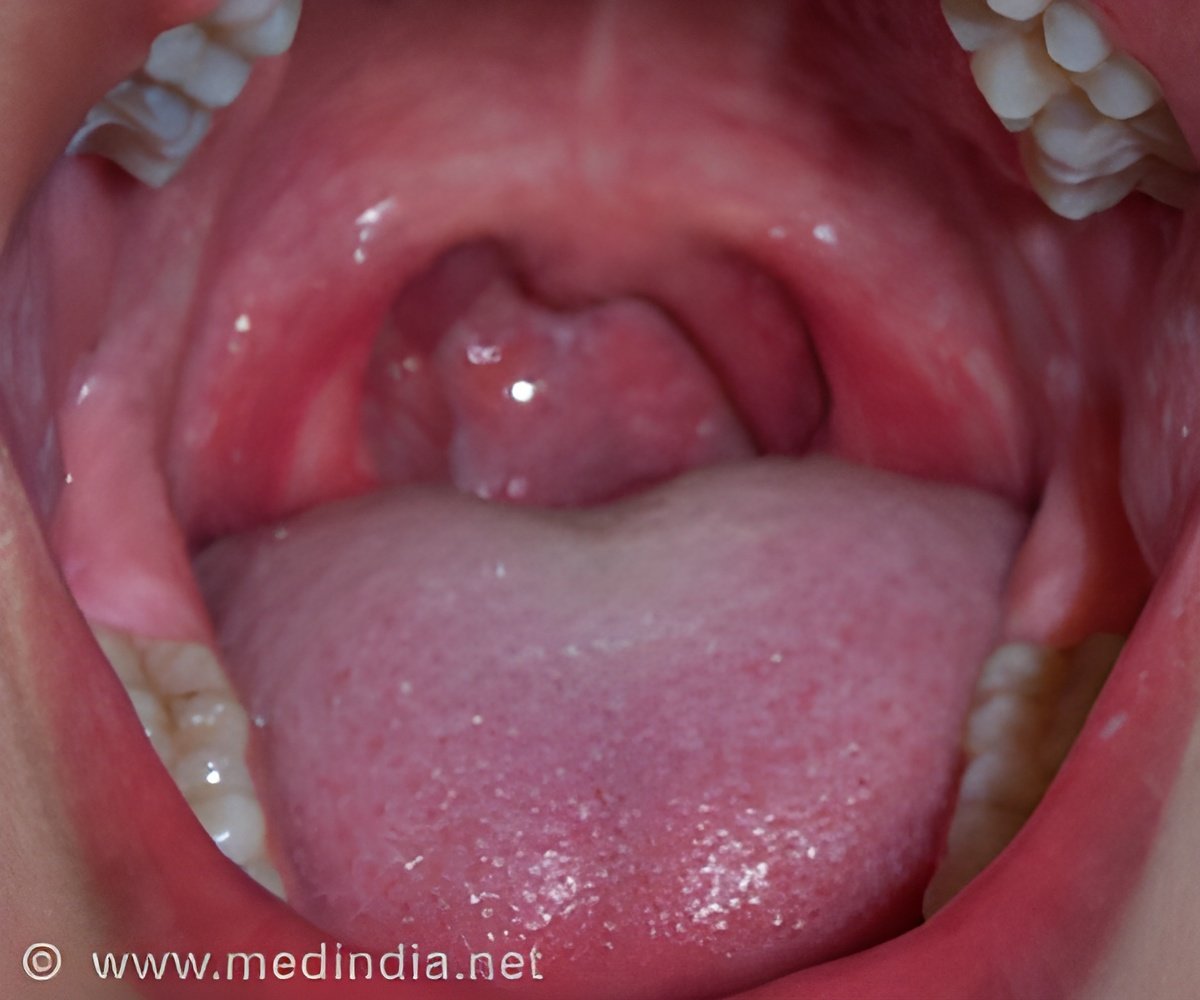Aristotle described water as 'tasteless' but according to a new study ,it actually has a taste of its own that we can sense.

‘"The tongue can detect various key nutrient factors, called tastants, such as sodium, sugar, and amino acids, through taste," said Oka.’





"However, how we sense water in the mouth was unknown. Many insect species are known to 'taste' water, so we imagined that mammals also might have machinery in the taste system for water detection."Taste cells relay information about tastants to the brain via nerves called the taste nerves. First author Dhruv Zocchi measured the electrical responses from taste nerves in mice to various tastants as well as to water.
The nerves responded in predictable ways to different basic tastes - sweet, sour, bitter, salty and umami, but they were also stimulated by pure water. "This was exciting because it implied that some taste cells are capable of detecting water," Zocchi noted.
Each basic taste is mediated by distinct subsets of taste cells. In order to test which taste cells respond to water, the team genetically and pharmacologically blocked the function of individual cell populations.
For example, when the salt taste receptor was blocked, salt no longer triggered activity in taste nerves, but responses to other tastes were not affected. "To our surprise, when we silenced sour taste cells, water responses were also completely blocked," Oka added.
Advertisement
The researchers removed water from the animals' water bottle and made it so that the bottle's spout emitted a blue light when the animals touched it.
Advertisement
A sour taste is often associated with an unpleasant taste quality that reduces animals' preference toward fluid, for example, mice avoid drinking lemon juice.
Interestingly, when the team stimulated sour cells with light, they did not observe that kind of aversive behaviour in the engineered mice. "These results raise the question: What information about taste are sour cells really relaying to the brain?" Zocchi said.
"Maybe sour cells are not directly linked to the unpleasant sourness that we perceive, but instead they may induce a different type of taste, like water, when stimulated." "It's important to note that stimulation of these cells does not alleviate thirst," continued Oka.
"But this finding helps us understand how the brain interprets water signals under normal and thirsty states. Next, we would like to tackle the mechanisms by which the hedonic value or 'pleasantness' of sensory inputs are regulated by brain activity." The study appears in the journal Nature Neuroscience.












